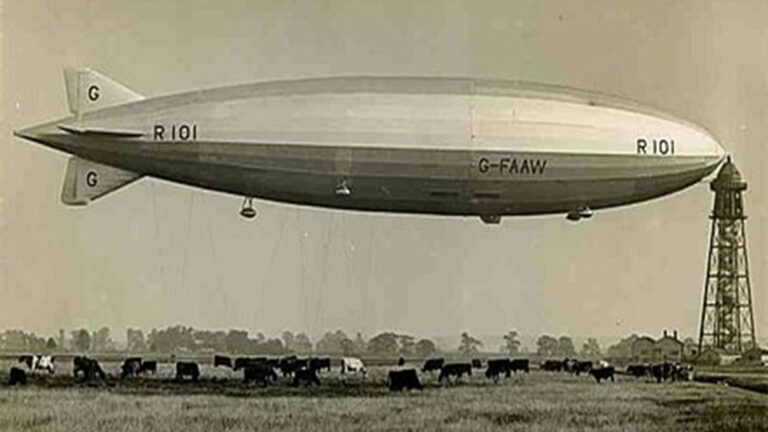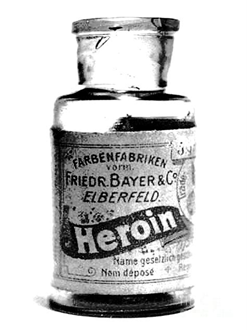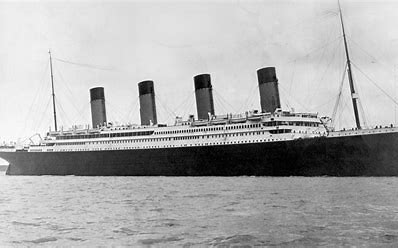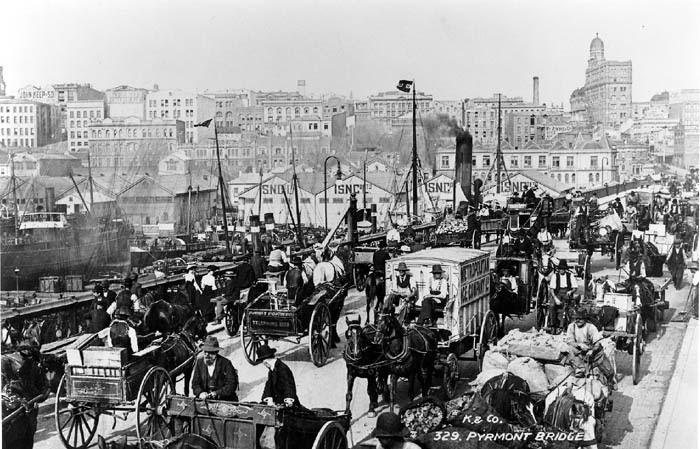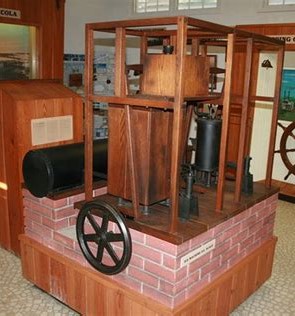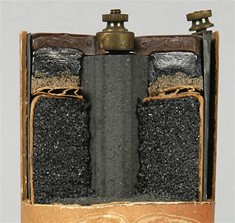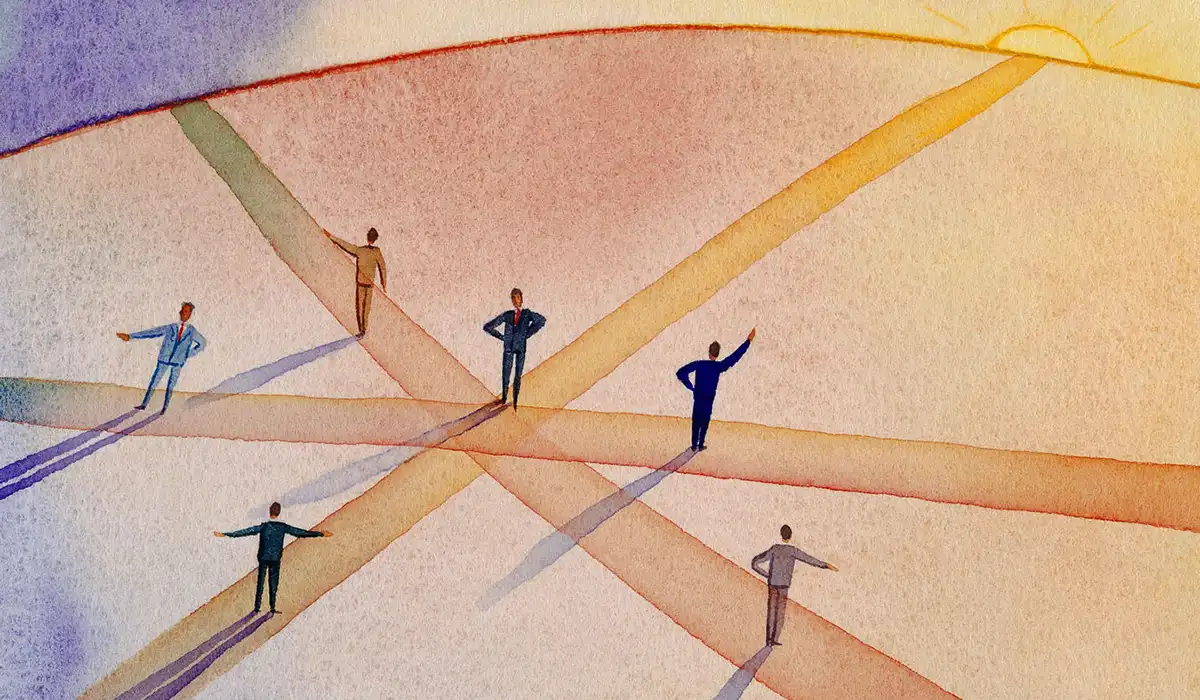R101: Gas bags, an overweight dirigible, and politics
Germany started flying rigid airships when they launched the Zeppelin line in 1910 and successfully carried passengers globally for thousands of flights. This form of civilian air travel was interrupted by WWI but resumed after the war. In 1928 the Graf Zeppelin took passengers on a 112-hour non-stop flight from Germany to New Jersey. Over…
